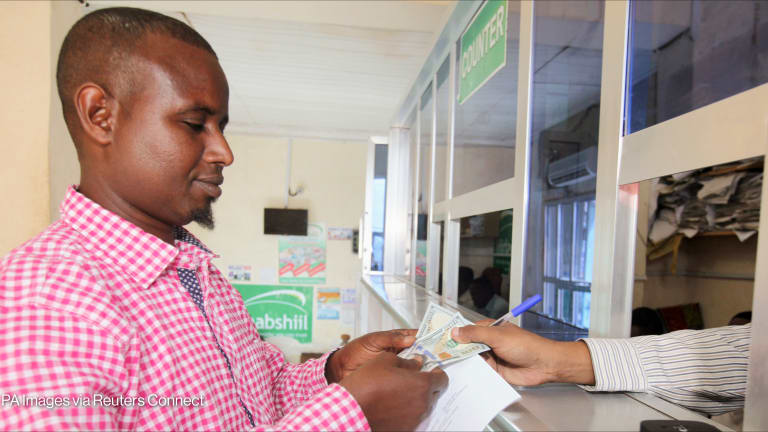NAIROBI, Kenya — A power struggle between international and African nonprofits is stalling conversation efforts on the continent.
A new report launched on the sidelines of the Africa Climate Summit in Nairobi has unpacked a list of concerns that are troubling donor-funded community conservation, a trend that researchers say dates back to the continent’s postcolonial era.
The biggest concern by local nonprofits is a system that relies on decisions made by INGOs without involving local organizations, according to Resson Kantai Duff, the portfolio funding director at Maliasili, the global conservation nonprofit that authored the report.
Printing articles to share with others is a breach of our terms and conditions and copyright policy. Please use the sharing options on the left side of the article. Devex Pro members may share up to 10 articles per month using the Pro share tool ( ).








